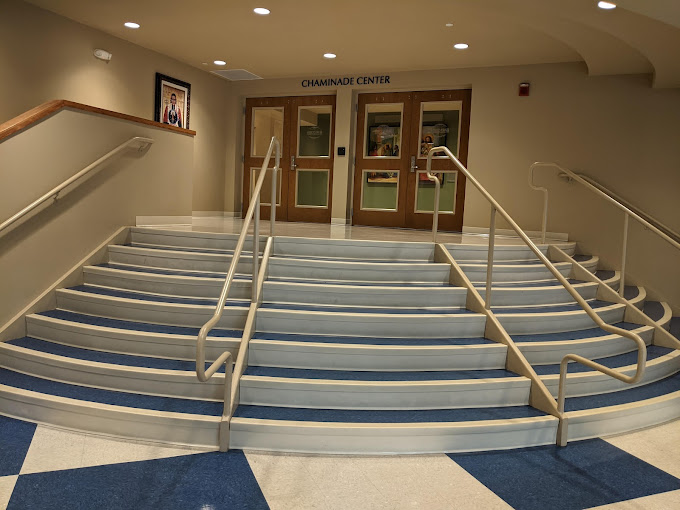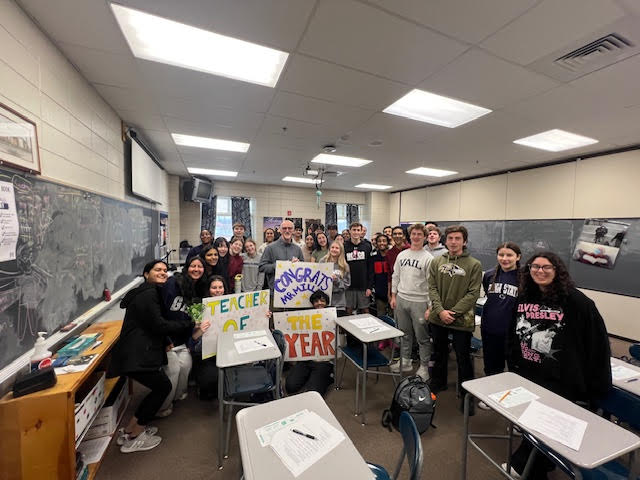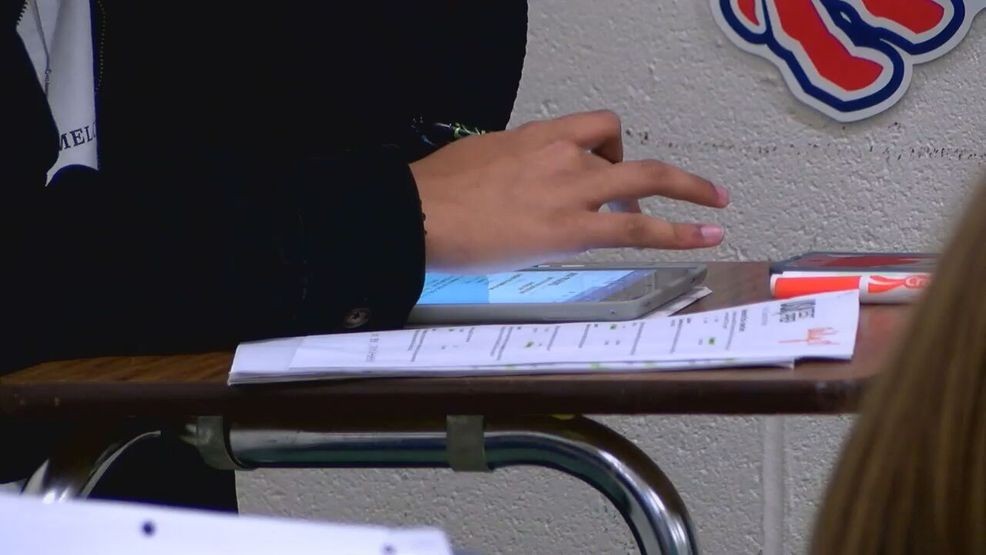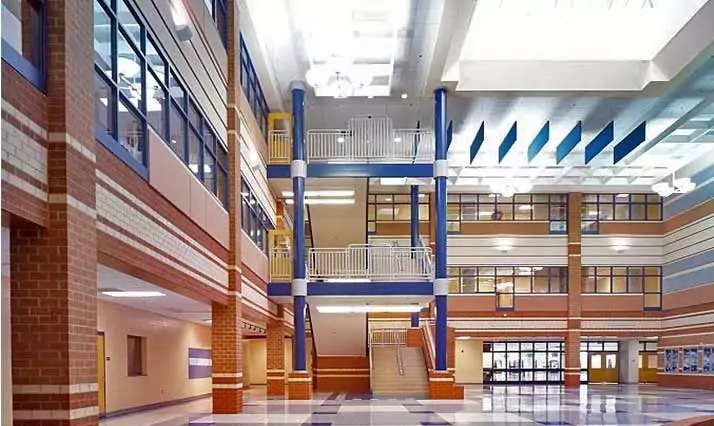With the recent 2024 Presidential Election, select seniors at Marriotts Ridge High School were newly eligible to vote. The presidential election was many students’ first foray into American political participation.
In order to be eligible to vote in this coming election, an individual must reach 18 years of age by November 5th, 2024 and complete registration. They may accomplish this by registering as they receive their driver’s license, online on vote.org or through the school’s registration opportunities (run via a booth outside the cafeteria during voting season).
For many of the new voters attending Marriotts Ridge, the election’s correspondence with their newfound eligibility provided an exciting opportunity to participate in American democracy. Talking to trusted individuals about voting and representation has generated enthusiasm regarding this election cycle, both in researching politics and registering to vote.
According to Jaya Shelat, a senior at MRHS, “[Voting] is something I want to do. The pressure from other people asking ‘Are you voting? Are you voting?’ It’s kind of gotten me to get more excited about it, so it’s been a priority of mine.”
By encouraging an environment of open discussion, people may increase their political awareness through exposure to alternate viewpoints; political discussions create opportunities to affirm previously held political beliefs or create understanding for opposite beliefs.
Not everyone is so enthused about the prospect of voting, however; seniors at MRHS already have a significant amount of stressors drawing their focus: college applications, difficult classes and internships. Political news may take a backseat to personal matters that have a direct effect on their careers and lives. As the school year continues, classes only grow in difficulty and work. For many seniors enrolled in classes of intense educational rigor, political involvement can assume a subsidiary role to homework and learning.
“I don’t have a lot of time on my hands. As a student, I have a great deal of work, extracurriculars… [in addition to] trying to apply for college… It doesn’t really leave me a lot of time to actively search and find out what these candidates [are] actually doing,” senior Connor Wu divulged.
Other students may be less involved in politics because they feel that a presidential election will not personally affect them due to the levels of abstraction between the average citizen and the president. Still, political participation remains important.
“It’s my responsibility to vote to put my voice out in the community, and not only in the large community of the United States… but within my small community of Howard County… because the presidential election is only one of thousands of elections… I should be way more concerned about who my Board of Education head is, or who the mayor of my zone is, or who my in-state delegate is,” senior Uzayar Hossain noted.
As decided in the tenth amendment of the United States Constitution, any powers not specifically delegated to the federal government or specifically forbidden are reserved to the States. While federal law is limited by the Constitution, states reserve authority to make legislation regarding the specific needs and values of their communities.
Voter turnout and proper representation of different demographics continues to be an issue of importance for both sides of the aisle. According to a study conducted by the Berkeley Institute for Young Americans, of those that were eligible, only ~40 percent of Generation Z and ~50 percent of Millennials registered to vote. Contrasting, older generations show numbers around 80 percent. Closing this gap ensures balanced representation of generational perspectives in the federal and state governments.
Voting is a fundamental method for citizens to directly impact the governmental decisions that shape their lives and communities. For students at MRHS, registering and voting is a major first step in making their voices a part of the broader political conversation in the United States.










